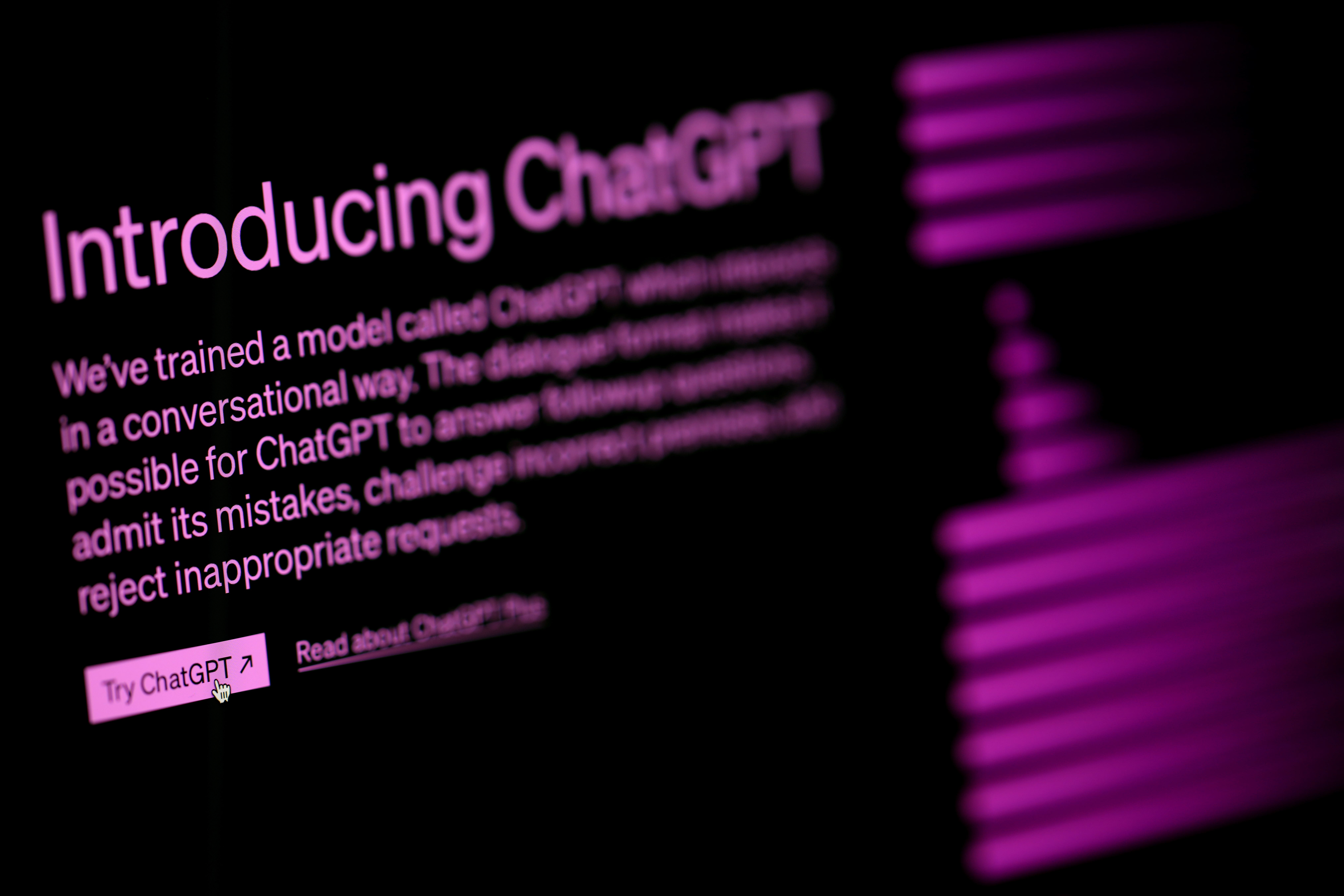ChatGPT users can now give it tasks to do in the future
OpenAI said the new feature aimed to make the chatbot more of a helpful companion.

Your support helps us to tell the story
From reproductive rights to climate change to Big Tech, The Independent is on the ground when the story is developing. Whether it's investigating the financials of Elon Musk's pro-Trump PAC or producing our latest documentary, 'The A Word', which shines a light on the American women fighting for reproductive rights, we know how important it is to parse out the facts from the messaging.
At such a critical moment in US history, we need reporters on the ground. Your donation allows us to keep sending journalists to speak to both sides of the story.
The Independent is trusted by Americans across the entire political spectrum. And unlike many other quality news outlets, we choose not to lock Americans out of our reporting and analysis with paywalls. We believe quality journalism should be available to everyone, paid for by those who can afford it.
Your support makes all the difference.ChatGPT can now be asked to carry out tasks for users at a future time, the chatbot’s maker OpenAI has said.
The new Tasks feature will enable users to ask the AI chatbot to schedule anything from one-time reminders to recurring actions such as a weekly news briefing or daily weather update.
OpenAI said the move was an important step in making ChatGPT more of a helpful AI companion which can take on tasks on a user’s behalf.
The AI giant confirmed that the new feature was in testing, but would start rolling out to paying subscribers on its Plus, Team and Pro plans globally in the coming days.
It comes as those inside the industry have said they expect the usefulness of AI to humans to expand vastly in the coming year.
OpenAI boss Sam Altman recently said the company was “confident” it now knew how to build so-called artificial general intelligence (AGI) – which is seen by many as the next step in the evolution of AI, where the technology is able to outperform humans autonomously in most work.
He wrote in a blog post earlier this month that he expected AI agents – automated AI tools which can carry out specific tasks – to “join the workforce” during 2025.
Critics of AI have raised concerns about the technology’s potential impact on the job market, and the possibility that it could replace human workers – something many industry figures have argued is not the aim of AI or tech firms, who say they are aiming to augment and aid human workers, not replace them.
Earlier this week, the UK Government unveiled its AI Opportunities Action Plan, which as well as laying out plans ministers say will make the UK a global leader in AI, will also expand its use among workers as a productivity companion.
Among the proposals within the plan are greater use of the technology in the public sector to enable workers to spend less time doing administrative tasks and more time delivering services, as well as a series of AI “growth zones” around Britain to help speed up planning approvals for data centres and improve access to the energy grid.